Every man has his price

Every man has his price
The proverb "every man has his price" suggests that everyone can be bought or influenced in some way, no matter how strong their principles or morals may be. This idea has been a common theme in literature, politics, and everyday life for centuries, reflecting the belief that human nature is inherently selfish and materialistic.The concept of having a price implies that there is a value at which a person can be swayed to act against their own beliefs or values. This could be in the form of money, power, fame, or even simple pleasures. It suggests that no one is completely immune to temptation or corruption, and that everyone has a breaking point where they will compromise their integrity for personal gain.
In literature, this idea is often explored through characters who are faced with moral dilemmas and must decide whether to stay true to their principles or succumb to the allure of wealth or power. For example, in Shakespeare's play "Macbeth," the titular character is driven to murder and tyranny in his quest for the throne, ultimately showing that even the most noble of men can be corrupted by ambition.
In politics, the concept of having a price is often used to explain why politicians may act in ways that seem to contradict their stated beliefs or values. It is often assumed that politicians can be bought by special interest groups or wealthy donors, leading to decisions that benefit the few at the expense of the many.
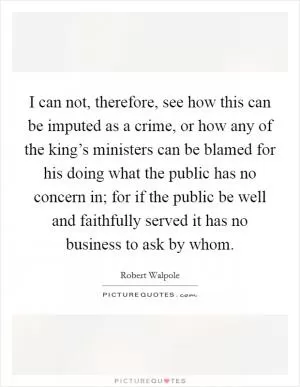
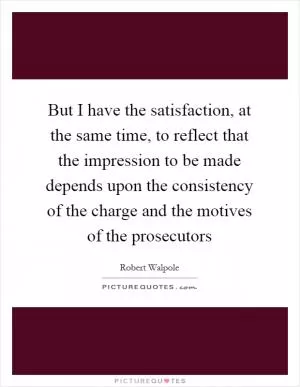
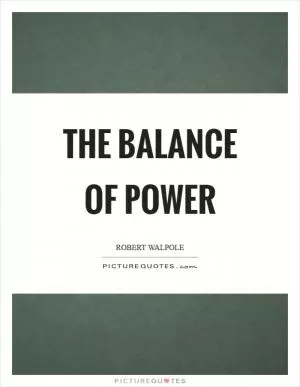
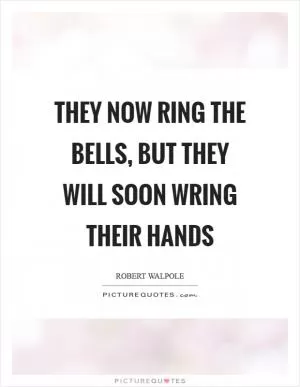
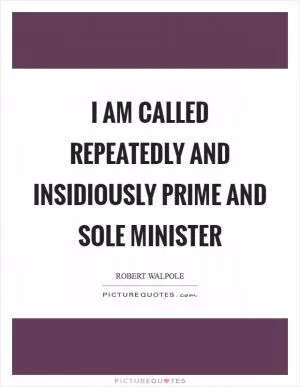
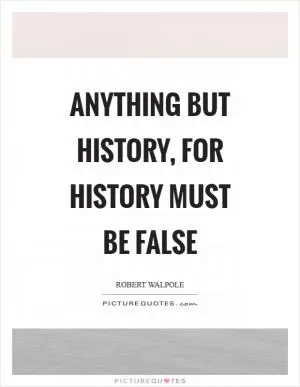
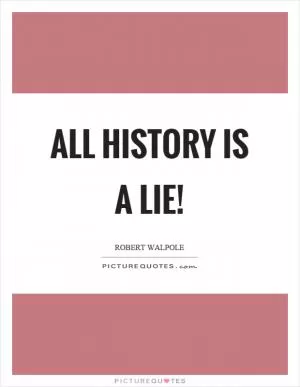


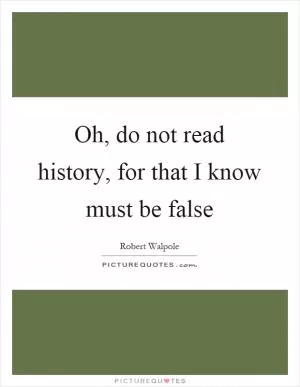


 Friendship Quotes
Friendship Quotes Love Quotes
Love Quotes Life Quotes
Life Quotes Funny Quotes
Funny Quotes Motivational Quotes
Motivational Quotes Inspirational Quotes
Inspirational Quotes